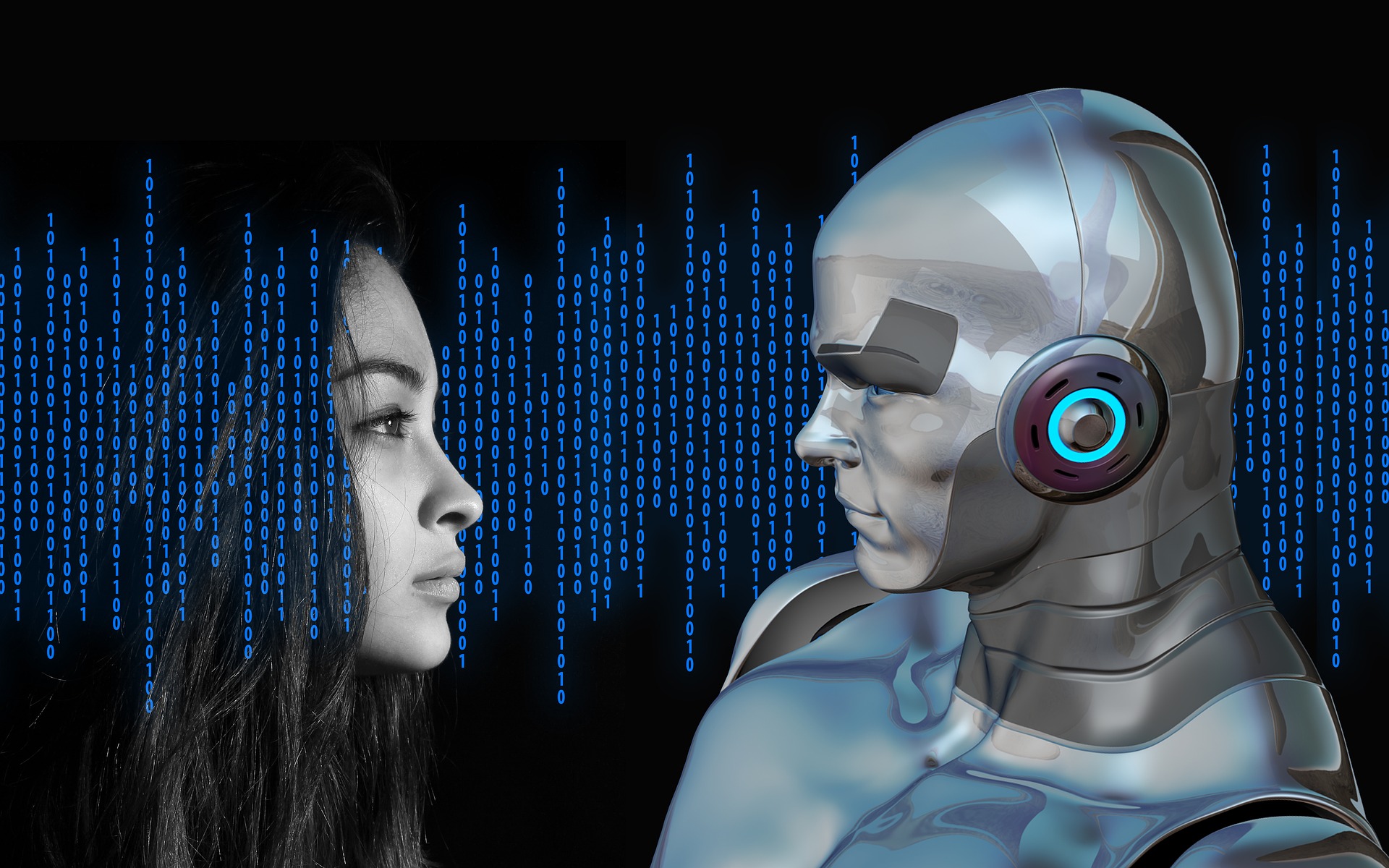
When today’s kindergartners enter the world of work, many will be performing jobs that don’t even exist yet. Few deny that the U.S. is fast approaching the “age of AI” when automated processes will become more prevalent in the workforce. We can only speculate on what will change and how fast.
For the fields of education and workforce development, dedicated to preparing young people for useful lives, this can be concerning. How can young people be equipped for productive careers when no one is sure what those careers will look like? How can we future-proof them for an uncertain future?
In one sense this is not a new situation. Educators and trainers have always prepared their learners for the future — and in so doing, they take their best guess at what that future will be. However, America’s investment in AI research indicates that the role of automation will continue to expand in the workplace, accelerating worries about how humans can thrive in a world of machines. This future is coming, faster than ever before. Are young people ready?
The Skills That Don’t Expire
The requirements for human technical capabilities are changing rapidly, but some skills will never expire. These are the personal abilities, values and habits often known as “soft skills.” Professional skills is a preferred term because it better indicates the level of behavior, character and abilities that set a professional apart.
Professional skills are the personal attributes to succeed in the workplace, such as work ethic, communication, ability to accept feedback, confidence, leadership, flexibility, integrity and many more. According to a 2016 Wall Street Journal survey of more than 900 executives, fully 89 percent stated they have a difficult time finding hires with these skills and traits. By developing and enhancing professional skills, candidates can create a significant competitive advantage for themselves, further future-proofing their careers.
Professional skills will never go out of date. These crucial character traits and values were essential yesterday and will continue to matter in the age of AI — perhaps more than ever. As Forbes contributor Rick Miller says, “the answer isn’t to out-do the machines, it’s to be more human.”
Here is the good news: Updated technical skills can be learned and re-learned at any stage in a person’s career. Indeed, many believe thatlifelong learning will become essential for almost every industry as technologies continue to advance and workers keep current with the latest requirements of their positions.
Professional skills, on the other hand, are best taught during the formative stages of a young person’s development. Of course there’s no age limit on improving one’s professional skills, but ingrained habits can be hard to change. Future-proofing young people means equipping them with the professional skills that will remain valuable, no matter what changes and upheavals our workforce sees in the next 30 years. In fact, these skills will aid them in coping with those global and career uncertainties.
The Skill of How to Learn
The next several decades in education and workforce development will be critical. One thing is clear: The age of AI will require a different educational and training approach than in the past. The up-and-coming human workforce will be faced with new challenges and will require top-level academic, technical and professional skills to meet them. This can be achieved if education and industry work together to define and deliver the critical skills that young people will need to thrive.
Though valuable for some career pathways, college should no longer be touted as a one-size-fits-all postsecondary training solution. Many industry-specific credentials and certifications prove a person capable of performing a particular job. Online training programs are gaining ground. Apprenticeships are coming back, and rightly so.
For the past decade, education solely for its own sake, without reference to a viable career outcome for the student, has proven insufficient — and it will only become more obsolete. Education with purpose must become the new norm, where the young person is empowered from middle school onward to set educational and career goals based on his or her unique interests, talents and abilities, and to create viable plans to reach them.
Alongside academic and technical skills, young people should be actively learning the simple skill of how to learn. More and more, it’s not about sitting in a classroom and taking notes. Students who experience their education through hands-on learning, rather than just receiving that knowledge passively, will gain more than just experience. They’ll build confidence, passion, grit, resilience and perseverance — all professional skills that will make them as future-proof as anyone can be in a rapidly automating world.

